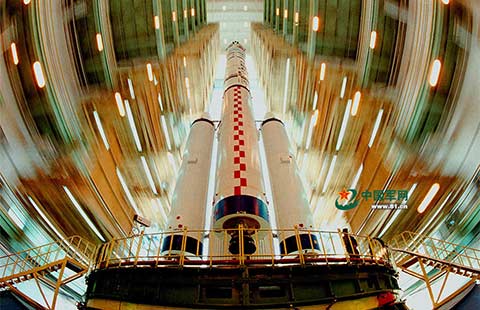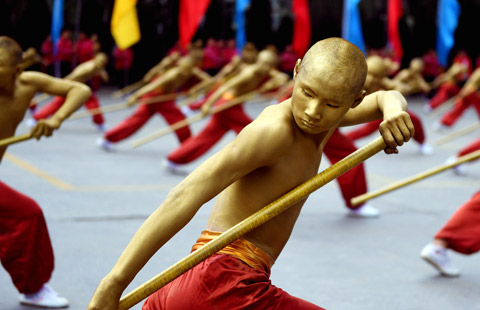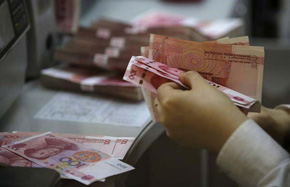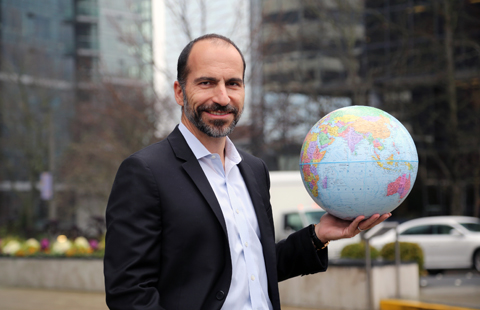Lenovo to boost investment in startups targeting AR, VR
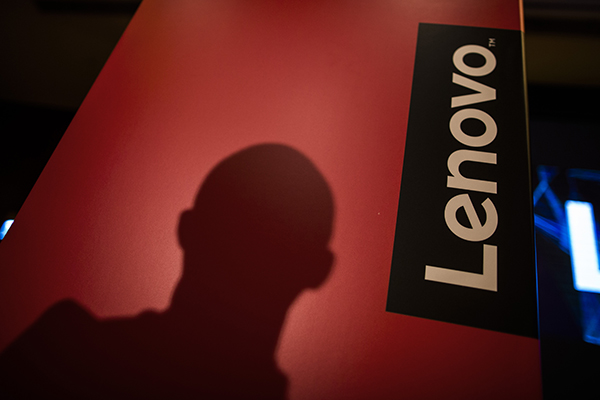 |
|
The shadow of an attendee sits on a podium wall during a Lenovo Group Ltd news conference in Hong Kong, China, May 26, 2016. [Photo/VCG] |
Lenovo Group Ltd will step up efforts to fund startups engaging in augmented reality (AR) and virtual reality (VR), as the world's largest personal computer maker scrambles to tap into the two cutting-edge technologies for future growth.
Cindy Liang, general manager of Lenovo Accelerator, said AR and VR will be the next computing platforms that can replace computers and smartphones. "They will have wide applications not only in daily life but in industrial scenarios."
Liang made the comments at an AR competition which invited global talents to develop mobile applications based on the company's first AR-powered smartphone Phab2 Pro.
The competition, named Tango Hackathon, is part of Lenovo's broad plan to nurture AR mobile apps and services, the key bottlenecks for the development of the nascent industry. According to Liang, Lenovo is also working on a new AR smartphone, which will be unveiled next year.
AR-powered tablets and AR glasses are also in the pipeline.
During the Tango Hachathon, Chinese startup Dajiaoguai, which means Big Footprint in English, brought home the first prize, with one-million-yuan fund from Lenovo's investment unit.
The startup developed a mobile app that can scan the body and feet of a person and quickly generate a model that can try on clothes and shoes in the virtual world.
In May, Lenovo set up a $500 million investment fund, looking for promising startups in China, Israel and the United States, with focus on cloud computing, artificial intelligence, AR, VR and other areas which can support Lenovo's core business.
Currently, Chinese tech giants Huawei Technologies Co Ltd, Alibaba Group Holding Ltd and Tencent Holdings Ltd are all marching into the AR and VR sector.








